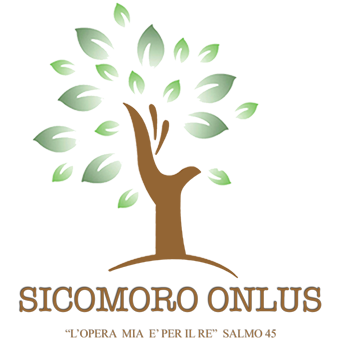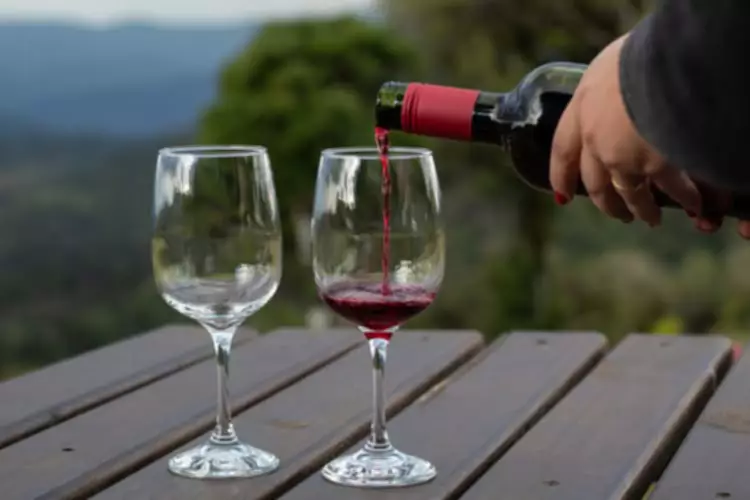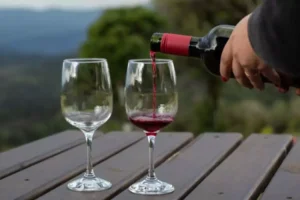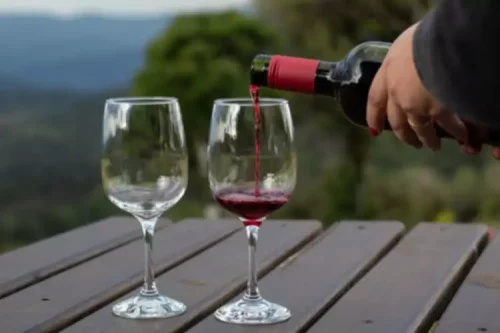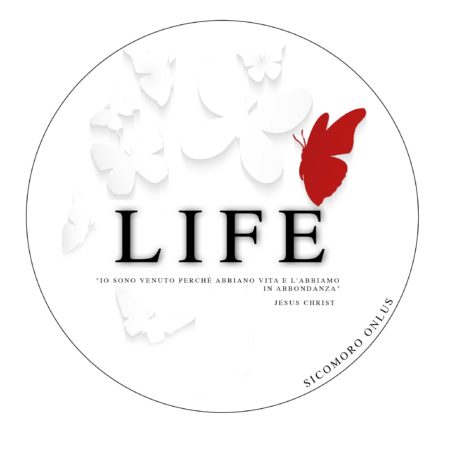9th Step Amends Common Mistakes & How To Make Amends
The content available on 12steppers.org is not medical advice and is strictly for informational purposes and is written/reviewed by active 12 step members. As recovering addicts, we fear the loss of control we experienced in our darkest days. This step is accompanied by the terrible realization that we have no control over the response of the people we have harmed. We will likely have wonderful experiences and very difficult ones. Notice the words “right to resentment” and “underserved qualities” in there? It is about what we do despite that wrongdoing, “abandoning our right to resentment . . . “.
Take Responsibility
We cannot control how others respond, whether they will forgive or whether they will hold on to negative feelings or resentments. When I first came to recovery, I was certain steps 8 and 9 would be a breeze. After all, I hadn’t hurt anyone (Step 8), so I didn’t need to make any amends (Step 9). In fact, every day I make a living amends to my husband, son, Mom, and brother Ricky.
Understanding Mother-Daughter Personality Styles
Apologizing in Sober living house this way may open the door to continued healing, growth, and restored relationships in recovery. Cake offers its users do-it-yourself online forms to complete their own wills and generalized educational content about wills. We are not attorneys and are not providing you with legal advice.
- Here are some suggestions on what to do—and say—when making amends.
- All types of amends are good, but living amends are some of the best kinds you can make!
- This process of restitution is not merely a checkbox exercise, but a key contributor to personal growth and recovery.
- They want to find ways of making up for all their past wrongs, and they don’t want to miss the opportunity to do so once their loved one dies.
- It’s important to have a plan in place before we reach out.
Advance Directive Forms
Unlike apologies, they involve concrete actions to restore trust, right the wrongs we made and rebuild relationships as we https://ecosoberhouse.com/ demonstrate our changed behavior. Living amends is a concept linked to addiction recovery and part of the twelve-step program for sober living. In simple terms, it means taking responsibility for the person you used to be and how you caused harm to the people in your life who care about you.
Betty Ford Center in Rancho Mirage
However, in the context of grief recovery, David Kessler, in his book Finding Meaning, talks about the importance of living amends as a tool for grief healing. In particular, he discusses how to heal when the person we need to make amends with is no longer living. When the person you owe reparations to has died, you can still make living amends by changing things about you and how you live your life. These changes can positively impact the people you love and care about.
- An apology is just a verbal acknowledgment of wrongdoing, whereas an amend means actively repairing relationships and showing dedication to change.
- Unfortunately, this scenario plays out much too often in the lives of people who didn’t get a chance to correct their mistakes and past behaviors in time.
- When making direct amends, it is usually best to do so after a sustained period of sobriety and while in a calm state of mind.
- While the process may seem daunting at first, you can make amends in a way that’s sincere and respectful.
They may have been hurt in ways that you were not able to identify when preparing to make amends. Making amends does not necessarily depend on your ability to connect with a living amends person or how they respond to you. Lists to Help you Through Any Loss is for people experiencing any type of loss. This book discusses some of the most common grief experiences and breaks down psychological concepts to help you understand your thoughts and emotions.
- She came home to what she described as “a completely different house”.
- Many times, these kinds of promises serve to alleviate the wrongdoer’s guilt and so that they can say they apologized before their loved one died.
- Your donation will provide a scholarship to someone in recovery, supporting them through the first few months of sober living in one of our partner organizations.
- In some cases, simply opening up a conversation with a friend or family member about your history of alcohol use can begin the process of making amends.
